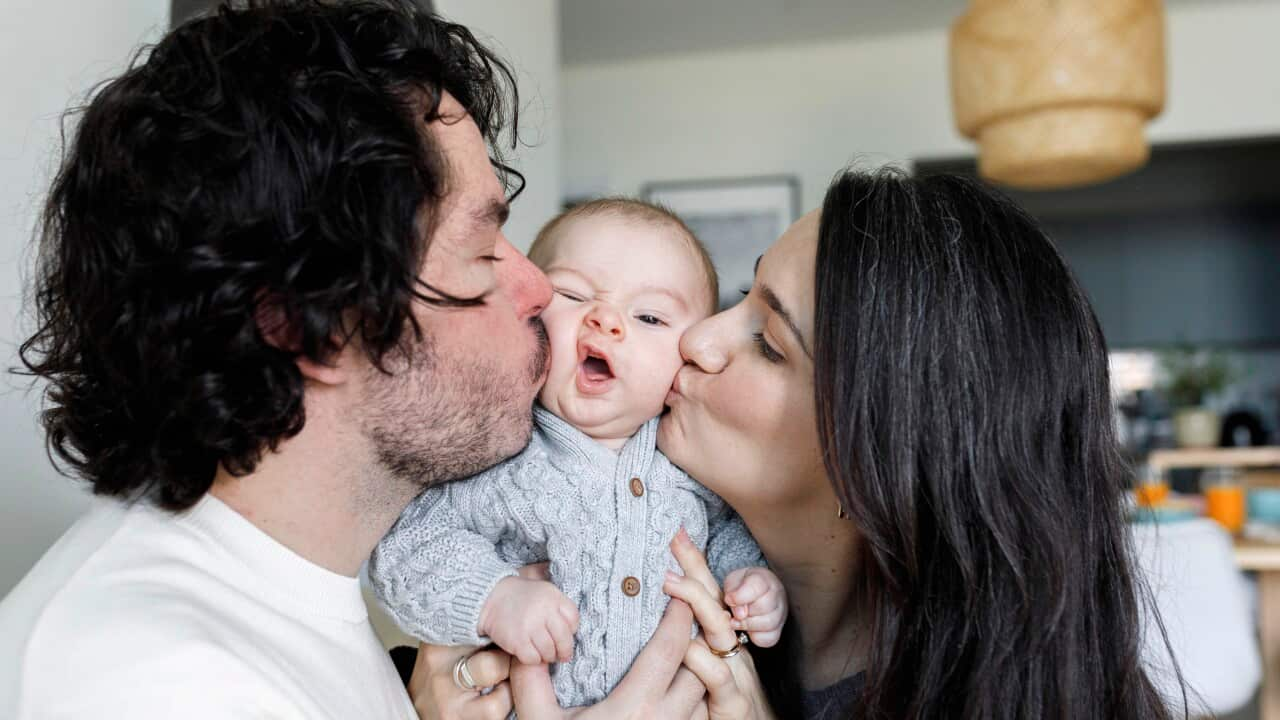Key Points
- Nearly a third of mature job seekers have lost work or had their hours cut as a result of the pandemic according to the Brotherhood of St Laurence
- Ageism was already strife prior to COVID-19 with two-thirds of employers unwilling to hire workers aged over 50
- Job seekers aged 45-70 can access the government-funded Skills Checkpoint program to make a career transition
Adam Ferrier, founder of creative agency Thinkerbell says that reluctance is often driven by cost.
People go for a cheaper option which is a less experienced person.
The average age of workers in his industry is 38 years according to Australian government data.
In June last year, a report by the Brotherhood of St Laurence estimated that nearly 400,000 Australians aged between 51 to 65 have had their hours or employment impacted by COVID-19.
Ron Maxwell, chief executive officer of not-for-profit employment and training organisation VERTO says his organisation has been busy helping mature job seekers retrain for career change through the government-funded Skills Checkpoint program.
Their qualifications may be out of date but skill and knowledge they have is quite valuable to employers.

Source: Getty Images/AzmanL
Maxwell admits that in addition to ageism, culturally and linguistically diverse mature-age applicants tend to also encounter language barriers.
While they may be highly skilled in where they came from, unfortunately, when they present their qualifications to some employers they may not recognise those.
He suggests taking these steps to increase your employability:
- Look for industries that are in demand in your local area
- Find employers with cultural values that align with yours
- Seek opportunities for your overseas qualification to be recognised in Australia
- Top up your skills in the industry
For 57-year-old former automobile executive Raymond Han, job-hunting amid COVID-19 became a challenge when international borders shut on his way home after finishing a post in Japan.
He was visiting Malaysia with a flightbooked to return home on March 20.
That’s when things started to turn sideways. That flight was cancelled and I’ve been stuck here ever since.
COVID-19 restricted Han’s ability to physically attend job interviews in Australia, forcing him to think outside the square. He decided to go online to become a business and leadership coach.
He decided to go online to become a business and leadership coach.

Raymond Han Source: Supplied
I never expected that this was going to last for so long. As time went by I needed to have Plan B.
Maxwell also recommends that mature-age job seekers offer their service as contractors whilst searching for the next career opportunity. As this will show prospective employers your drive and ability to work.
It’s always easier to transition when you are doing something already so even if it's a couple of days a week.
Han went through vigorous research and self-study to understand and develop new skills to adapt to the changing business environment in a global pandemic.
We can’t keep doing the same and expect a different result. We have to change and change for the better.
This resilience and courage to reinvent oneself is something that Ferrier witnessed in many older workers when his agency offered an 8-week paid internship for mature applicants last year.
The response was overwhelming with hundreds of applications in the running for three internship placements.
Ferrier says the first criteria is looking at whether the candidate and the agency can mutually benefit each other.
They also looked for the following traits:
- Skills
- Experiences
- If they can get along in a face-to-face interview
Try to see where it could potentially match us with the various things the agency does as well.

Source: Getty Images NicolasMcComber
Ferrier who was a correctional psychologist working in prison settings only joined advertising in his early thirties.
Drawing from his experience, he believes that mature-job seekers can still find work amidst a pandemic if they have the right story to sell.
It’s up to them to join the dots and show how that experience might work or could be applied into the new field.
As for Han, his new career as a coach is just beginning after more than seven months of preparation.
He hopes that his fourth paid flight will actually get him home by March without further delays.
The story is still being written. Good time to be alive.
To find out more about the Skills Checkpoint program in your area, visit the .
If you need emotional support, call the free Beyond Blue coronavirus mental wellbeing support service on 1800 512 348.
To access mostly free language help, call the national translating and interpreting service on 13 14 50 and ask to be redirected to your preferred organisation.

Source: Getty Images/Peter Dazeley






